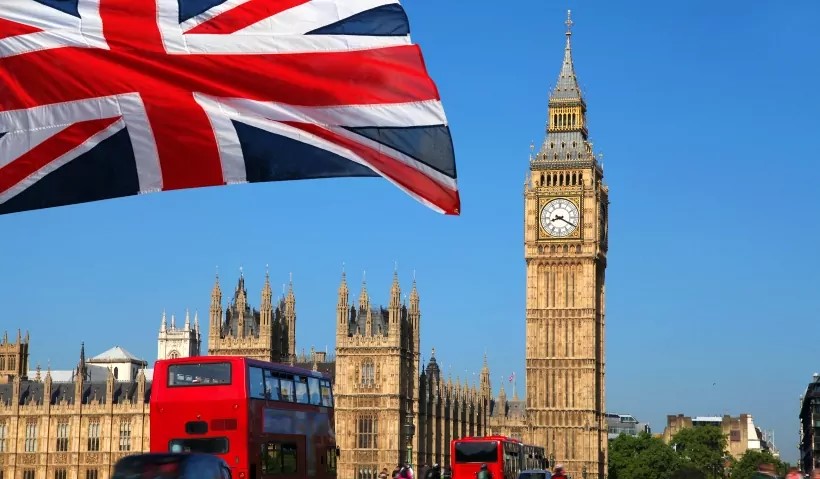Given the sharp slowdown in price growth, the think-tank expects the BoE to be in a position to start cutting interest rates from the current 5.25 per cent level in May…reports Asian Lite News
The UK may have narrowly slipped into a technical recession at the end of 2023, according to estimates from a leading think-tank, underscoring the fragile health of the economy as the country heads towards a general election.
Gross domestic product edged down by 0.1 per cent in the final three months of last year, following an equal decline in the previous quarter, according to the National Institute of Economic and Social Research.
A technical recession is defined as two consecutive quarters of contracting GDP.
The outlook should improve in 2024 as inflation slows and wages continue to rise, the think-tank added, but it warned that whoever wins the election expected this year will inherit an economy that is “bereft of significant growth”.
“The overall picture of flatlining output in the United Kingdom, which we have seen now for almost two years, continues,” Niesr said in research published on Wednesday.
The Office for National Statistics is due to report fourth-quarter GDP on February 15. The figures will be politically sensitive, as chancellor Jeremy Hunt prepares for a March Budget that the Conservatives hope will boost their re-election chances.
Hunt has said 2024 should be the year when the country should “throw off our pessimism and declinism about the UK economy”. Prime Minister Rishi Sunak last year pledged to “grow the economy”.
Other forecasters also expect the final set of official figures for 2023 to confirm it was a year with little economic growth.
Last week the Bank of England estimated that the economy flatlined in the final quarter of the year and projected that GDP would expand by just 0.25 per cent in 2024.
Niesr was more upbeat about 2024 and predicted the economy would expand by 0.9 per cent this year.
It also said inflation would fall faster than the BoE expected, and predicted price growth would hit 1.5 per cent in April thanks to falling energy prices.
Given the sharp slowdown in price growth, the think-tank expects the BoE to be in a position to start cutting interest rates from the current 5.25 per cent level in May.
The combination of slower inflation and sustained wage growth should mean real household disposable incomes will rise by 1.9 per cent on average in 2024-25, Niesr predicted.
But, for the bottom half of income distributions, living standards would be between 7 and 20 per cent lower in 2024-25 compared with 2019-20. They would not return to pre-pandemic levels until 2027, the think-tank added.
Niesr also warned that the UK’s trend rate of growth, or the sustainable pace at which it can expand, remained low given depressed levels of investment and sluggish productivity figures.
The think-tank estimated the UK’s trend growth rate was just 0.9 per cent, far less than the 2.3 per cent rate in the decades leading up to the global financial crisis, and 1.2 per cent from that point until the pandemic.
“Raising this trend rate of growth should be at the top of the government’s priorities for economic policy,” Niesr said.
ALSO READ-Pakistan’s monthly inflation rate increases to 28.%

